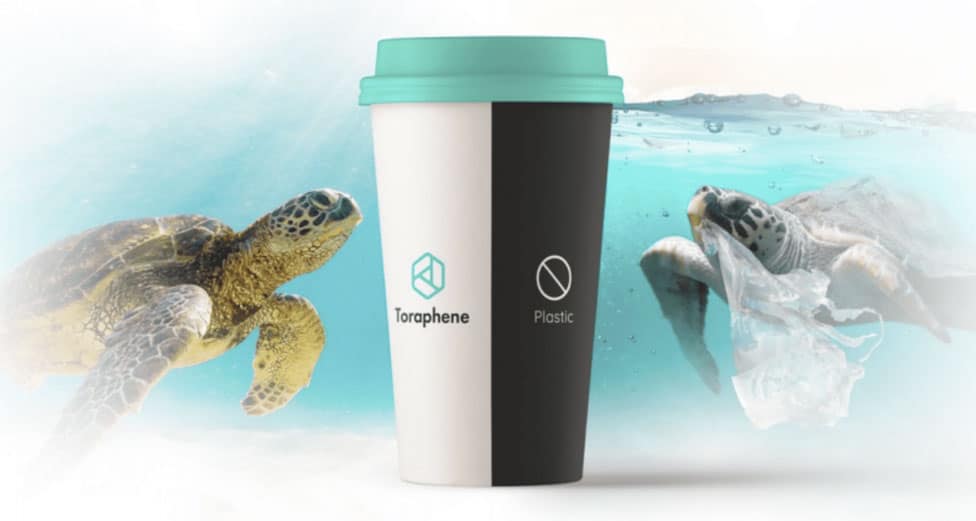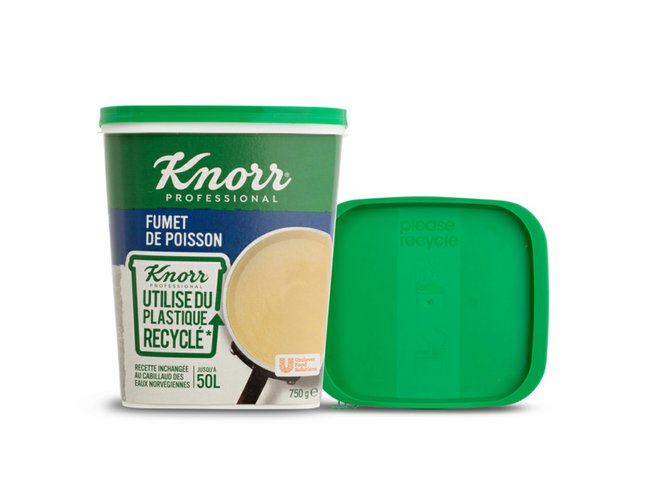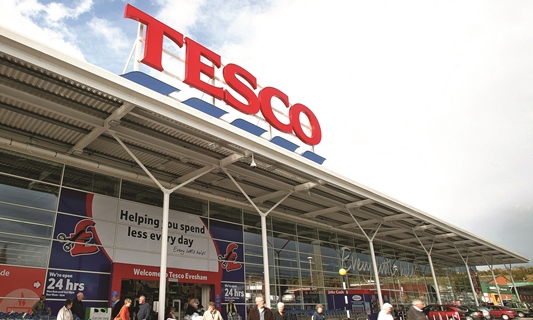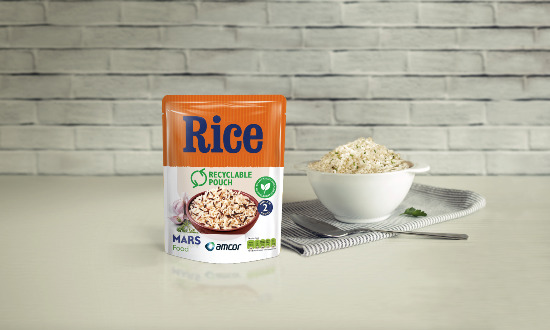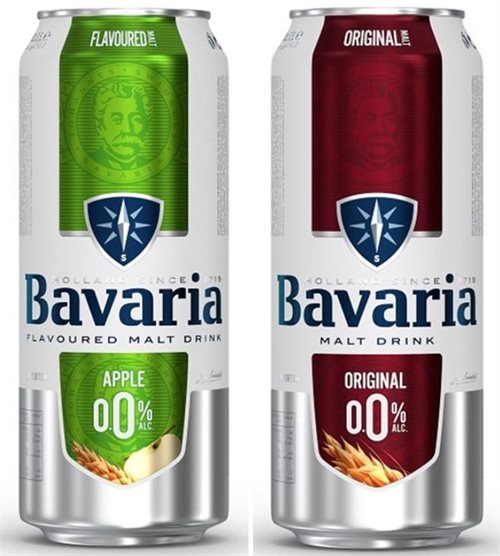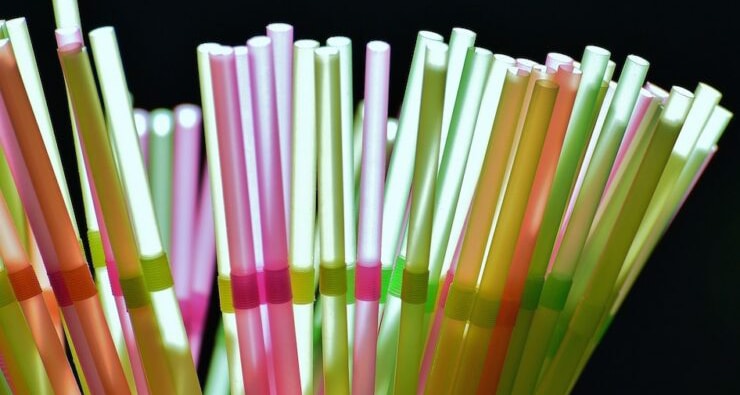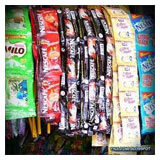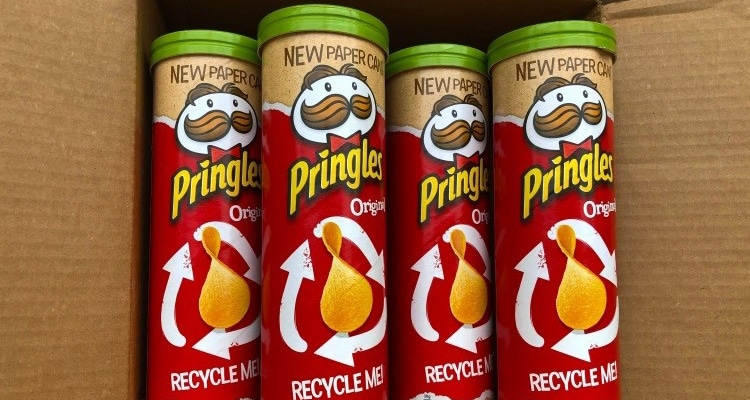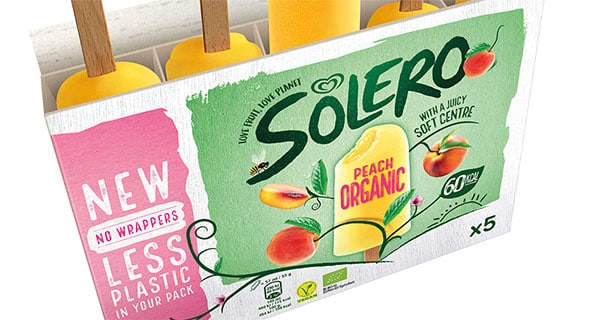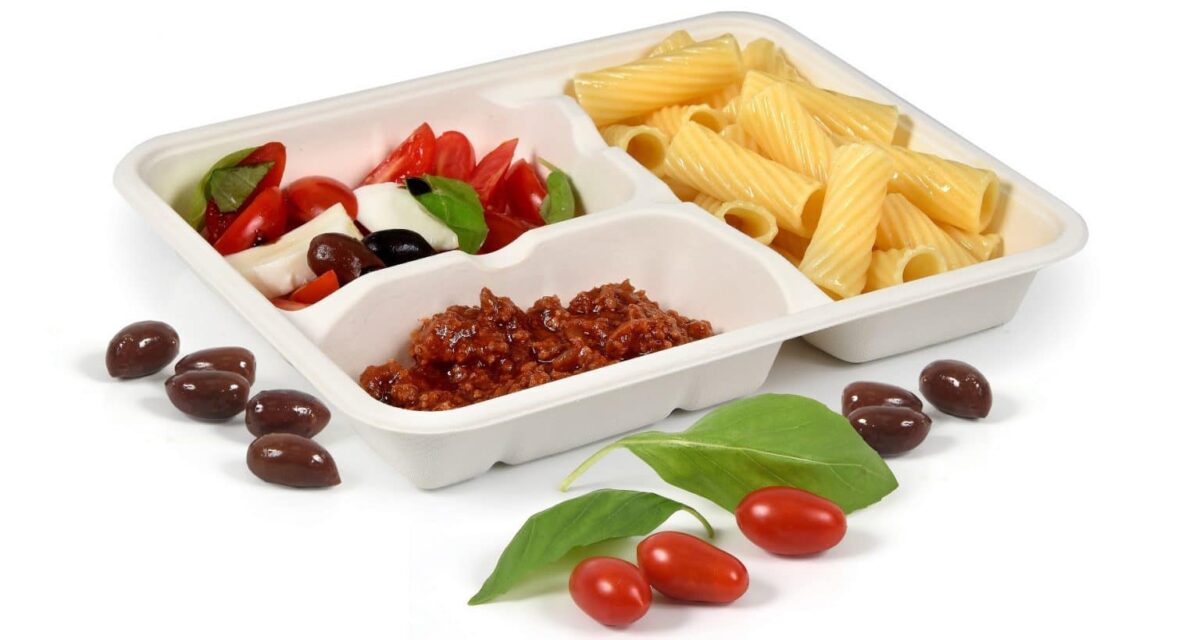UK-based biotech company, Toraphene, has unveiled what it claims is the world’s “first” truly biodegradable, compostable and commercially viable alternative to plastic packaging, and which contains graphene.
The firm has developed a new material, also called Toraphene, that uses biopolymers that compost naturally and biodegrade without human intervention. These are then combined with Nobel Prize-winning graphene, which is derived from carbon and is stronger than diamond at an atomic level.

While biodegradable plastics currently exist, they rely on commercial composting, which uses energy to heat the compost and can present other logistical challenges. In addition, some bioplastics produce methane gas when they decompose, a compound with a global warming potential 25 times that of CO2.
Toraphene founder and CEO, Gaute Juliussen, says: “Amidst a climate crisis, plastic waste is known to be a huge, global problem and many plastic alternatives now exist, so why don’t we see them everywhere?
“It’s because they need specific manmade conditions to biodegrade, and many degrade into microplastics, which contaminate our oceans and food chain for centuries.”
Julussen believes such bioplastics have “effectively been ‘greenwashed’ and mis-sold to environmentally responsible consumers and companies”.
He adds: “They also tear easily, shorten the shelf-life of the contents they contain and cannot be produced economically at scale.”
Due to the addition of graphene, the company says Toraphene has been shown to be stronger, thinner, and less permeable than alternatives, improving food safety and shelf-life.
More about Toraphene
Juliussen founded Toraphene in 2018 with the initial aim of creating a green alternative to carrier bags and food and drink containers, with such plastics making up 23% of marine waste.
Ahead of the launch of Toraphene, Juliussen has launched an equity crowdfunding campaign on Crowdcube.
In addition to this, Toraphene is renting production equipment from plastic bag manufacturers and plugging directly into existing supply chains, with the company in talks with major consumer brands, retailers and food packaging suppliers.
Ultimately, the firm aims to render plastic packaging obsolete and disrupt the $4tn plastics industry. See more here on the Toraphene website: www.toraphene.com
Source: www.nspackaging.com

